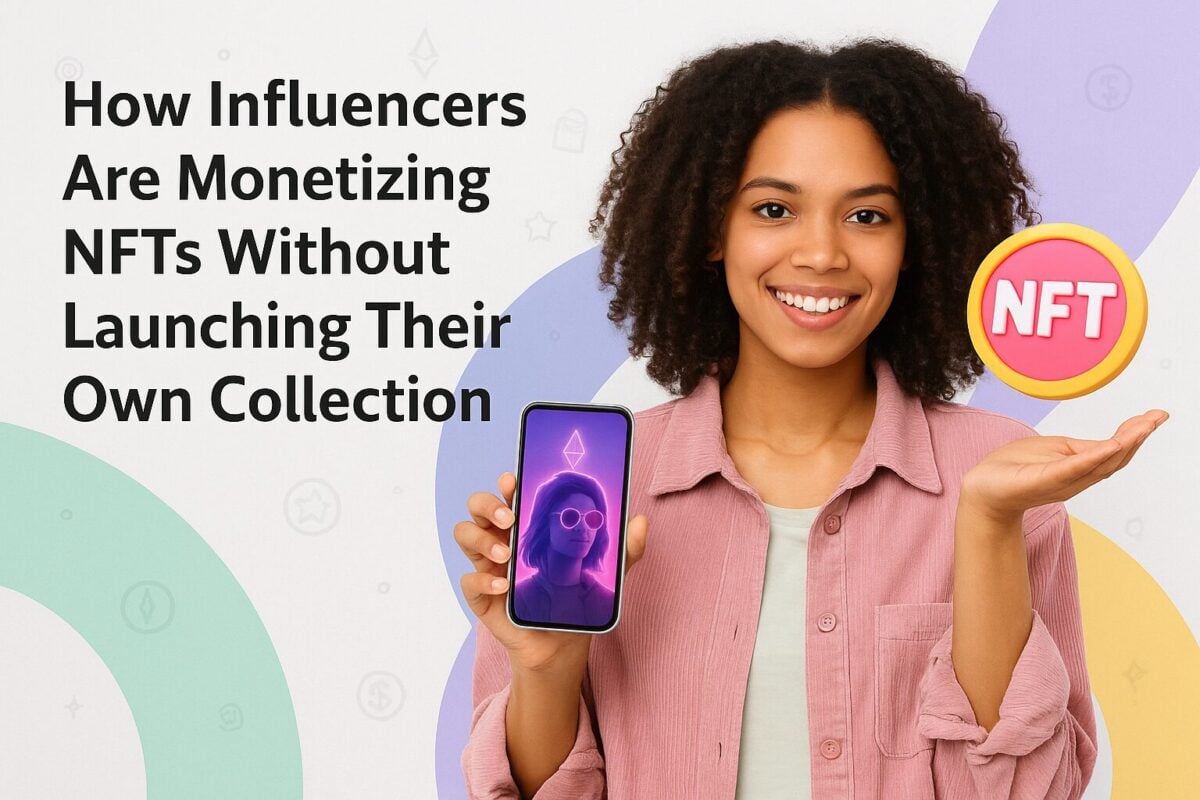An e-book or electronic book is a non-editable text that is converted into a digital format and displayed and read on an electronic device, such as a tablet or smartphone.
Unlike other text that can be read on a device, an e-book is not editable. This is for the safety and protection of the author. After all, with so many people having access to an e-book over multiple electronic devices, no one should be able to change the content without the author’s permission.
E-books are becoming more popular not only because they are convenient, but also because they’re less expensive to produce. Authors eliminate the overhead costs needed for printing hard copies of their work. And because they can be accessed on multiple devices at once, e-books also take up less space.
Reading an E-Book
You can read an e-book in one of two ways. The first and most common, is to use a portable e-book reading device. These are small hand-held computers that function as alternative books. Because of this, their screens are usually designed to emit less glare and reduce eye strains. The device displays the texts that have been downloaded from a computer.
The next way to read an e-book is by using special software downloaded from the internet. These tools are usually free, but you may want to opt for their annual packages for more features, especially if you intend to read a lot of e-books.
Benefits of an E-Book
There are many benefits to using an e-book. Some of them include:
Portability. As mentioned earlier, an e-book can be read on multiple devices no matter where you are.
Accessibility. Unlike print books, an e-book is on the internet forever. You don’t have to worry about a title going out of print or not being readily available.
Interactivity. A fascinating feature of e-books is that readers can take notes and click on anchor texts for extra information. This makes e-books suitable for students who need to learn additional information about a specific topic. E-books are also searchable, so you can look for keywords on your device, and you will immediately be taken to the pages of the book with that keyword.
Suitability. Because e-books are read on electronic devices, you can adjust the back-lighting and font sizes to your preference, making this a great option for people with vision disabilities.
Sustainability. E-books reduce the number of trees that can be cut down. Many experts believe that e-books are a wonderful alternative to educating and providing literature to the public. This way, everyone has the chance to read without damaging the environment.
Why Create an E-Book
Aside from the traditional reason of telling a story, an e-book can also be part of a company’s marketing strategy. Remember that quality content is the core of inbound marketing, which is how a company communicates with its customers and how it strengthens its brand reputation. A great e-book with quality content can significantly impact how a brand is perceived.
E-Books may be a good option when a company is trying to attract potential customers to try their services or purchase their products. E-books create brand awareness and extensively detail how their brand can help address a specific concern.
If you’re planning on using an e-book as part of your communications plan, you first need to consider the needs and wants of your customer. What is it that your customers want? And how can your product or service help them? This helps you determine what to write in an e-book.
For example, if you’re offering meditation services and complementary therapies, you may want to write an e-book on the importance of mindfulness or how either practice can improve a person’s health. These topics can captivate your potential audience and make them more willing to look at your website, or at the very least, be curious enough to listen to what you have to offer.
A good e-book is one that assumes the customer’s position. It’s always a good rule of thumb to create an e-book with their perspective kept at the top of your mind.


